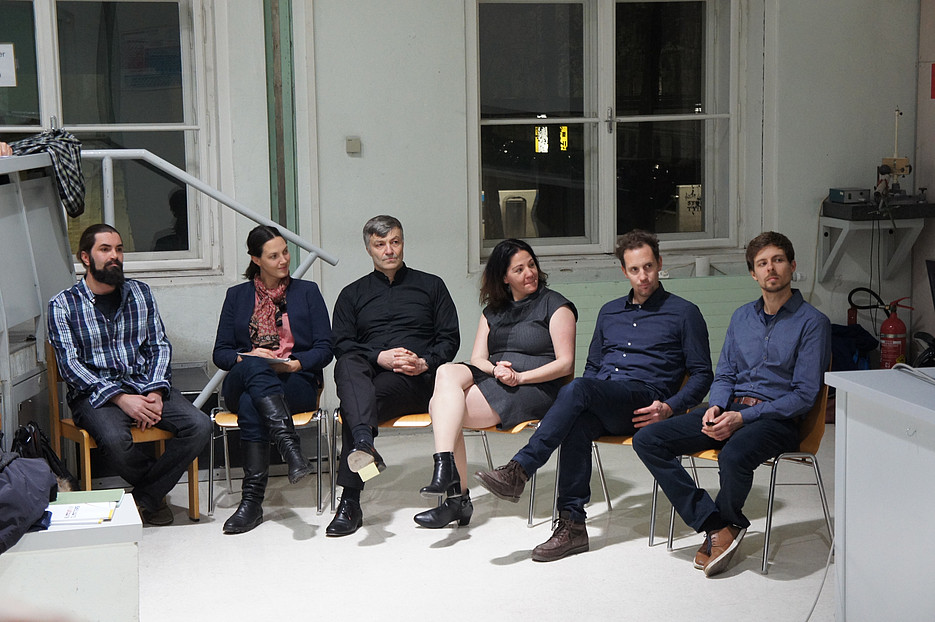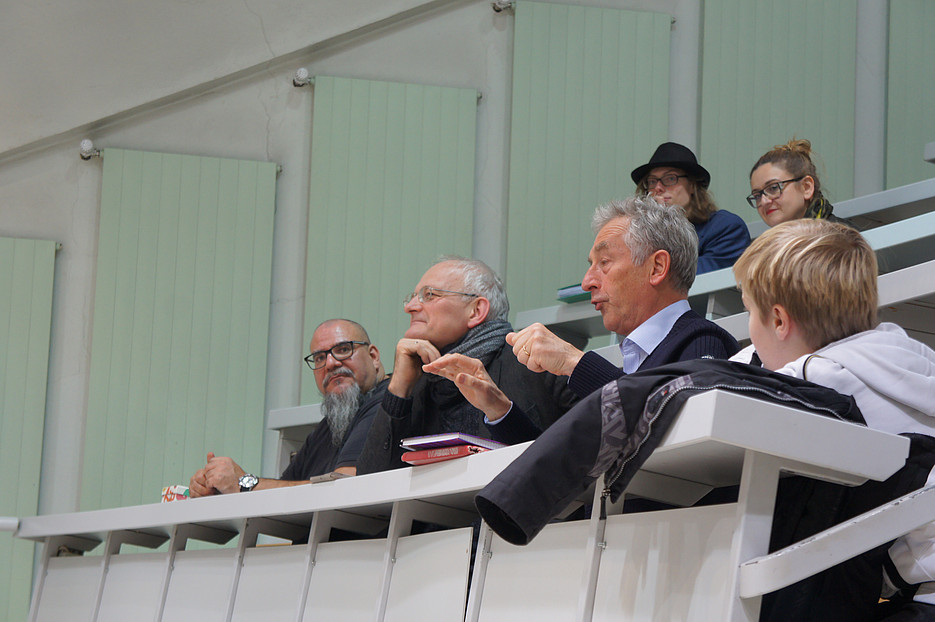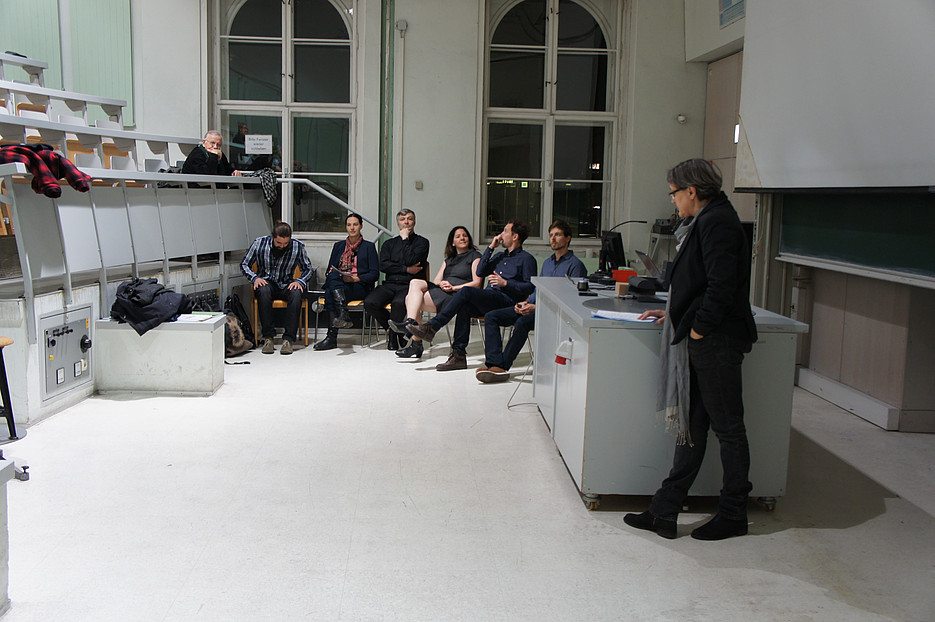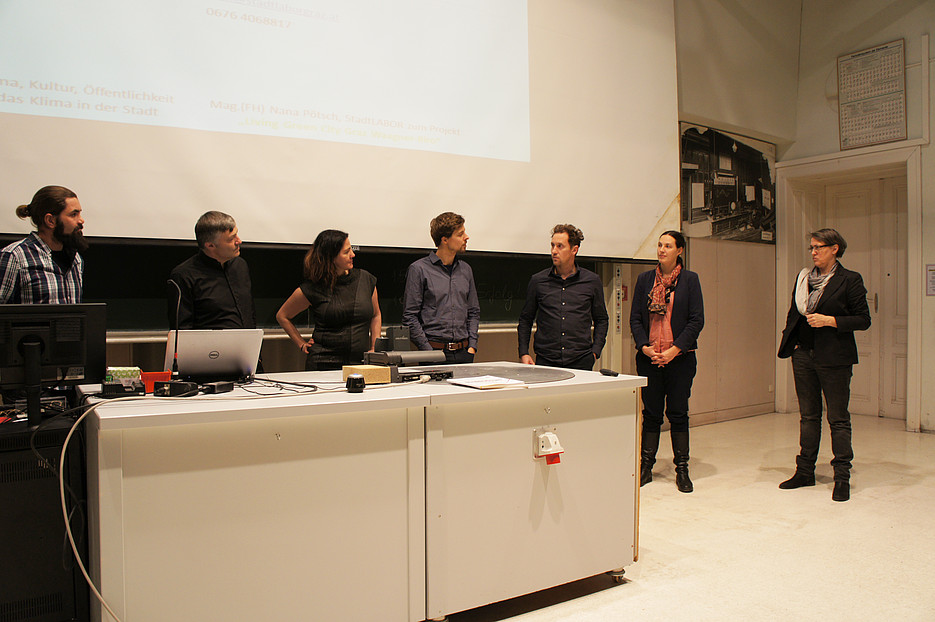Who owns the climate?
Denkzeitraum 2016
Axel Gosseries: Burden-Sharing in Asylum Policy (28/04/2016)
What to make of tradable refugee quotas? Axel Gosseries (Fonds Nationale de la Recherche Scientifique, Belgium) examines and criticises the idea of a tradable refugee quota from a normative perspective. Should quotas for refugees or asylum seekers apply at all? What can the division of labour look like in this context and how should it be assessed from a justice theory perspective? What is gained from tradable quotas and how does the idea compare to other proposals, such as money transfers or non-tradable quotas?
Alwin Fill and Hermine Penz: Ecolinguistics - How do we construct climate and environment through language? (12.05.2016)
Shouldn't we say "co-environment" instead of "environment" to express the coexistence of man and nature? And wasn't "climate change" known as "global warming" for a long time? Language has a major influence on the way we think and act when it comes to climate and the environment. Organic, eco, green, sustainable, regional, smart are just some of the words used to describe 'environmentally friendly' behaviour. "Climate cleaning" sounds better than "energy guzzler disposal", "meat processing plant" better than "abattoir".
Alwin Fill and Hermine Penz from the Institute of English Studies at the University of Graz will demonstrate the power of language in "greenwashing" our treatment of nature, but also in raising awareness and possibly mitigating environmental problems.
Hermine Penz and students: Climate change in the mirror of language (19/05/2016)
The discourse on the environment using concrete examples as well as the effect of language on the environment and the possible exacerbation or reduction of environmental problems through language are at the centre of this event with Hermine Penz (Institute of English Studies at the University of Graz). Students from the University of Graz will also present projects in which they investigate these questions and show how language and visual representations of environmental issues influence our perception and also our actions in environmental matters.
Thomas Pogge: Individual Responsibility for Climate Change (09/06/2016)
Faced with the looming threat of catastrophic climate change, every human actor can point to a solution that does not require them to make sacrifices. But if everyone proceeds according to their preferred solution, the problem will not be solved. We therefore need a binding allocation of responsibilities - ideally one that can be regarded as morally justifiable and legally binding. The Oslo Principles provide the basic idea for such a solution, which can be extended by governments to sub-national entities and individuals.



































